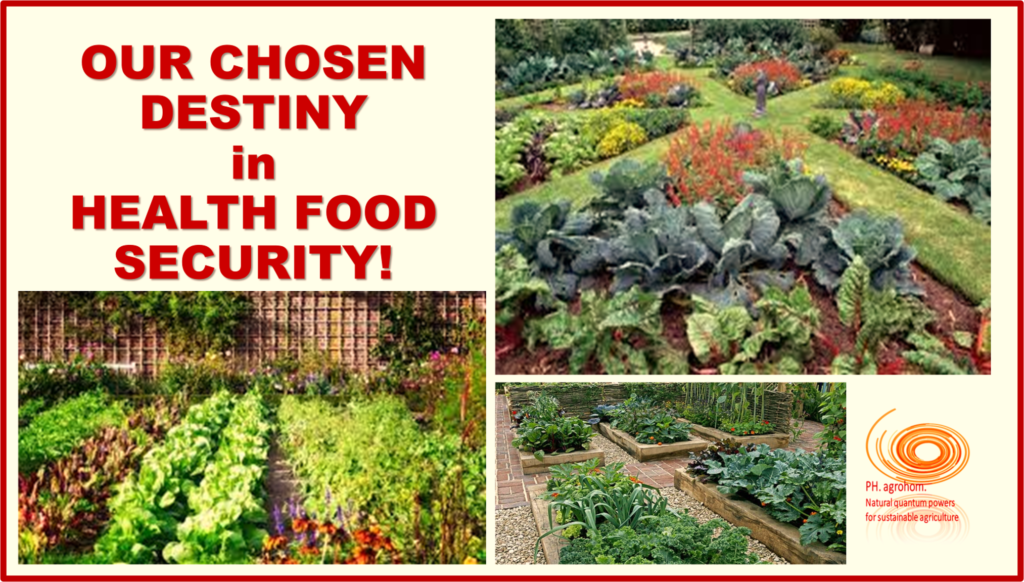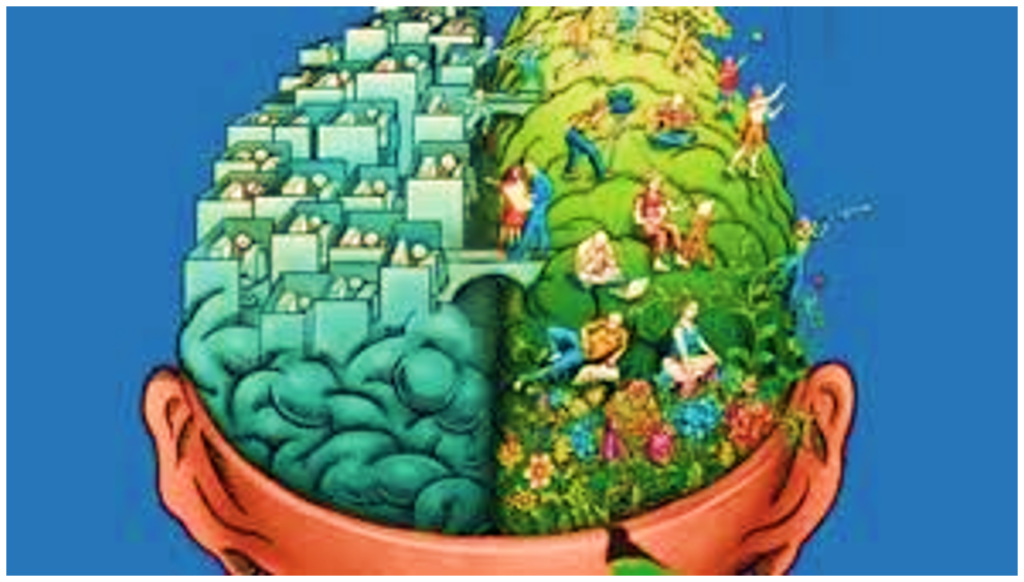
What times.
Until two weeks ago, I was almost cold, it rained almost every day. Ice projectiles, hail the size of ripe apricots, often fell from the sky across Europe and here in Slovenia. The blue of the sky has faded – covered by a dirty curtain, which the media reported to be Saharan dust over Europe. Some in the Balkans published analyzes that showed the content of heavy and dangerous metals in concentrations that incomparably exceeded the values of Saharan dust taken from the Sahara. This week has beecome oppressively hot. Somehow I feel the difference of this summer. The absence of that holiday relaxation that draws relaxed expressions on people’s faces.
More and more details are coming to light regarding the artificial pandemic, some journalists from well-known media houses have spoken out, they say they are now telling the truth. In Kenya, masses of people demanded the resignation of the president and politicians associated with him. In many countries – in all parts of the world – there were really severe floods and Hurricane Barry caused disasters of epic proportions. Hitherto dormant volcanoes are being announced.
The existing global monetary system is undergoing radical change. The world order was drawn anew, the cards were shuffled. Many old political and economic alliances have been broken, but many have been made anew. The third world war threatens to step from the outlines into reality.
There is so much going on that many people lose focus in all this chaos. But perhaps this is also a hidden purpose or part of it.
Significant moves are taking place in the field of agriculture and food security. Packages of new legislation – adopted rather hastily and legislative changes in preparation – are important. They should not be left to the push-influence of lobbyists. Also because the real world shows such an obvious duality that the question is whether the actors believe that 99% of the people in the world are blind and somehow stupid.
Namely:
We strive for sustainable development, and at the same time causes are systematically created or allowed to abolish traditional small farms, from where, historically speaking, an important consciousness originates – national consciousness, belonging, a sense of beauty, a sense of good, as well as many folk wisdoms that people have always passed them down from generation to generation.
“The subsidy system is designed so that 70 percent of all money goes to 30 percent of the largest farmers. This means that smaller farms are literally being pushed into ruin. In one of the documentaries, I learned more about the fate of livestock farmers in one of the European countries: If the grandfather had 50, 60 cows, the father of the current farmer had to have 150 in order to be able to sign a contract with a certain corporation. The son, who is now supposed to take over the farm, was given the condition that he must have 200 of them if he wants to keep the contract with them.
These are shocking stories! These farmers were therefore forced to continuously increase, which was related to credit. The banks were holding them by the neck… There were massive farm bankruptcies where the banks let the farmers continue to work even though the bank owned the farm. What terrible tragedies have been caused by bankers’ greed.” (Source: Will psychopathic billionaires dictate our lives? Anton Komat, Publication in Zazdravje.net magazine, 2024)
The conditions for food production are more demanding every year. I mean food – the kind food, that grows in the earth and knows what rain and sun are, what the rhythms of the moon are, what night and day are and what the seasons are. Man is also subject to natural rhythms and is dependent on them. Only those who have grown at least a little themselves know how much effort is needed this spring to keep the plants healthy and not to be eaten by snails. Farmers are also happy to have such people who know how to respect organic home produce. In my home country, Slovenia, food supply has been systematically established for years according to the principle Consumers buy their food directly from the farmer, either on the farm or at the farmer’s stand. Some farmers also have their own delivery of produce – fruit, vegetables, etc., to consumers – based on collected weekly orders.
People who support the farmer in these times, when shopping in the store is still more convenient, cleaner and cheaper, will be able to count on agricultural products in the future. Since there are not very many of them, even the little bit of home-grown food that we still produce will be enough for them. What about the other one? It is no exaggeration to say that corporations will provide them with new-age fodder.
The “temperature amoung people” is variable, but the trends show that thoughts and activities of ordering people are going in the right direction:
The number of people and families growing their own vegetables, berries, and perhaps even fruit in their own gardens is growing.
In terms of the number of home gardeners in the European Union (EU), statistics indicate that approximately 25% of EU households engage in some form of home gardening. This translates to roughly 56 million households across the 27 EU member states. The distribution of home gardeners varies across countries, with some nations exhibiting a higher propensity for home gardening than others. For instance, countries like Italy, Spain, and France have a long-standing tradition of home gardening, with a significant portion of the population actively participating in this practice.
Several factors influence the prevalence of home gardening in the EU, including cultural, economic, and environmental considerations. Culturally, the tradition of cultivating one’s own produce has been passed down through generations in many European countries, contributing to the continuation of home gardening practices. Economically, the rising costs of food and the desire for self-sufficiency prompt individuals to grow their own fruits and vegetables, thus reducing their grocery expenses. Additionally, growing concerns about food security and the environmental impact of industrial agriculture have led many Europeans to embrace home gardening as a more sustainable and environmentally friendly alternative.
The practice of home gardening in the EU offers a wide range of benefits to individuals, households, and the environment. From a health perspective, home-grown fruits and vegetables are fresher and more nutritious compared to store-bought produce, thereby promoting better health outcomes. Economically, home gardening can lead to cost savings on grocery bills, especially during peak growing seasons. Moreover, by reducing the reliance on commercially produced food, home gardening helps mitigate the carbon footprint associated with transportation and packaging.
Despite its many advantages, home gardening in the EU is not without its challenges. One of the primary obstacles faced by home gardeners is the availability of space, particularly in urban areas where yards and gardens are limited. To address this issue, many urban residents have turned to container gardening, vertical gardening, and community gardening initiatives as viable alternatives. Climate change poses another significant challenge to home gardeners, as shifting weather patterns, unpredictable frosts, and extreme heat can impact crop yields and plant health. Additionally, the misuse of pesticides and chemicals in home gardening can have detrimental effects on human health and the environment if not applied responsibly. Indigenous seeds and non-genetically modified seeds and plants are a particular challenge, as well.
Home gardening plays a vital role in the lives of millions of Europeans, offering a sustainable and rewarding way to connect with nature, promote healthy living, and reduce environmental impact. With approximately 56 million households in the EU actively engaged in home gardening practices, it is evident that this age-old tradition continues to thrive in the modern era. By addressing the challenges faced by home gardeners and promoting the numerous benefits of growing one’s own food, policymakers and communities can encourage more individuals to embrace home gardening as a means of fostering self-sufficiency, sustainability, and well-being.
Lets (start) affect so, that destiny will change fate. The future is our, and present also, as well.
“Man’s linear intervention in the cyclic nature is an extremely dangerous activity. Bolstered and blinded by excessive desires, the pursuit of profit and ambition, we quite foolishly lose our perception of issues vital to our survival. Sometimes the answers are hidden in the questions that we have to ask correctly. Sometimes, however, it is necessary to look for them in the past in order to be able to take a step forward into a more promising future.
It is necessary to find appropriate solutions for a crisis that is taking place on a planetary level and that has exceptional dimensions. But we have to look for them at the local level.
In any case, we already have enough necessary knowledge from historical experiences that have already saved us in the past, which means that they can also help us this time with self-organization at the local level,” he adds. So where does it get stuck?
If nature has its cycles, and events and changes have a purpose, the earth enables us to survive. It offers us the possibility of growing the type of fruit and vegetables that the body needs at a certain time. We can ask ourselves, what are the advantages that seasonal fruits and vegetables give to the organism, compared to products from other climate and time zones?
The local level provides healthy, vibrant seasonal food to which we have adapted throughout history. The diversity of the local landscape through the changes of the seasons is what offers greater safety, and above all health. And what is important today, an improved immune system.
Most people already know that industrial food offered by corporations is one of the main sources of degenerative diseases. Official data for Slovenia say that 16,000 small farms have collapsed in the last ten years, which is a disaster. In Europe, we have the worst self-sufficiency in food, while having the largest square footage of supermarkets per inhabitant, which is an extremely risky asymmetry. All crisis events have a focus on food. At the core of all this problem solving is the food security and sovereignty of the nation. This can be called the empowerment of the local community.” (Source: Petra Petrovi, Domžalec, Zadruga Jarina)


NOTE :
In Majda Ortan’s texts, I only state my personal reflections and my personal views. Dear readers, please take this into account! Thank you!
– RECOMMENDED FURTHER READINGS FROM OUR LIBRARY
- EXPOSED: HIGH RECOMMENDED: THERE IS NO CHANGE WITHOUT CHANGE
–YOU ARE KINDLY INVITED TO EXPLORE POSSIBILITIES FOR OUR MUTUAL BUSINESS COOPERATION – HERE! WELCOME TO CONTACT US AND TO ORDER! Kindly invited to folow me on LinkedIn and to join my LinkedIn community. Thank you, you are sincerely welcome.
–UNDER LINK: BUSSINESS CARD with SHORT INTRODUCTION AND OUR GENERAL OFFER! Kindly invited to order! You are sincerelly welcome!






